Hybrid cars have become a popular choice for environmentally conscious drivers looking to reduce their carbon footprint without sacrificing convenience. Combining a traditional internal combustion engine with an electric motor, hybrid vehicles offer a blend of performance and efficiency. This article explores the benefits and drawbacks of hybrid cars, helping you determine if this technology is the right fit for your lifestyle.
What Are Hybrid Cars and How Do They Work?
Hybrid cars use a combination of a gasoline engine and an electric motor to power the vehicle. The electric motor assists the engine during acceleration and can also drive the car on its own in certain conditions, such as low-speed city driving. This dual power source helps reduce fuel consumption and emissions. There are different types of hybrid cars, including mild hybrids, full hybrids, and plug-in hybrids, each with varying degrees of electric motor involvement.

Why Choose a Hybrid Car?
Choosing a hybrid car can offer several benefits, primarily focused on environmental impact and cost savings. Hybrid vehicles produce fewer emissions compared to conventional gasoline-powered cars, making them a greener option. Additionally, their improved fuel efficiency translates to lower fuel costs over time. Many governments also offer tax incentives and rebates for hybrid car owners, making them financially attractive.
What Are the Major Advantages of Hybrid Cars?
Hybrid cars offer a range of significant advantages that make them an attractive option for many drivers. Here are some of the most notable benefits:
-
Lower Emissions
One of the primary reasons people choose hybrid cars is their lower environmental impact. Hybrid vehicles produce fewer harmful emissions compared to traditional gasoline-powered cars. This is because the electric motor can power the car at low speeds and assist the gasoline engine, reducing the amount of fuel burned and, consequently, the pollutants released.
-
Fuel Efficiency
Hybrid cars are known for their excellent fuel efficiency. The combination of an internal combustion engine and an electric motor allows the vehicle to optimize fuel use, especially in stop-and-go traffic. The electric motor can handle low-speed driving and provide an extra boost during acceleration, which reduces the overall fuel consumption and results in fewer trips to the gas station.
-
Reduced Fossil Fuel Dependence
By relying less on gasoline and more on electric power, hybrid cars help decrease the demand for fossil fuels. This not only conserves natural resources but also reduces the financial impact of fluctuating fuel prices. For drivers who prioritize energy conservation, hybrids offer a practical solution to lower fossil fuel consumption.
-
Quiet and Smooth Driving Experience
The electric motor in a hybrid car operates silently, which means that driving at low speeds or idling can be a quiet experience. This contributes to a smoother and more pleasant driving experience, especially in urban environments where noise pollution can be an issue.
-
Regenerative Braking
Many hybrid cars feature regenerative braking systems, which capture and convert energy typically lost during braking into electrical energy that can recharge the battery. This not only extends the range of the vehicle but also enhances overall efficiency and reduces wear on the brake components.
-
Potential Financial Incentives
Many governments offer incentives for purchasing hybrid vehicles, such as tax credits, rebates, and lower registration fees. These incentives can help offset the higher initial cost of a hybrid car, making them more affordable in the long run.
What Are the Disadvantages of Owning a Hybrid Car?
-
Higher Initial Cost: Hybrid cars tend to be more expensive upfront compared to traditional gasoline cars. The added cost comes from the advanced technology and components, such as the electric motor and battery pack, making them less accessible for budget-conscious buyers.
-
Specialized Maintenance: The combination of an electric motor and a gasoline engine can lead to more complex maintenance requirements. Not all mechanics are trained to handle hybrid systems, which can make repairs more challenging and potentially more expensive.
-
Limited Electric Range: Many hybrids can't go far on electric power alone. For those hoping to drive mostly on electricity, the limited range can be disappointing, as the gasoline engine kicks in sooner than in fully electric vehicles.
-
Battery Wear and Replacement: Over time, the battery in a hybrid car may lose its ability to hold a charge, reducing efficiency. Replacing the battery can be costly, and while most last for many years, it's still a potential long-term expense to consider.
-
Reduced Cargo Space: The additional components required for hybrid technology, like the battery pack, often take up space that could otherwise be used for cargo. This can be a drawback for those needing extra storage for trips or daily activities.
How Do Hybrid Cars Compare to Fully Electric Vehicles (EVs)?
Power Source and Range
Hybrid cars use a combination of a gasoline engine and an electric motor, allowing them to switch between or combine both power sources. This provides flexibility and a longer range. In contrast, fully electric vehicles (EVs) rely solely on electric power and have a limited range based on battery capacity.
Environmental Impact
EVs produce zero tailpipe emissions, making them environmentally friendly, especially with renewable energy sources. Hybrids, while better than traditional gasoline cars, still emit pollutants when the gasoline engine is used.
Cost and Incentives
Hybrid cars generally have a lower upfront cost than EVs. However, EVs often come with significant tax incentives and lower operating costs, potentially making them more economical over time.
Performance and Driving Experience
EVs offer instant torque and smooth acceleration, providing a quiet and responsive experience. Hybrids offer a combination of electric and gasoline power, but the transition between the two can sometimes be noticeable.
Charging Infrastructure vs. Refueling
Hybrids can refuel at ubiquitous gasoline stations, while EVs rely on charging stations, which are less common and can take longer to charge the vehicle. This can make long-distance travel more challenging for EVs without careful planning.
Are Hybrid Cars Right for You?
Choosing a hybrid car can be a great decision if you want to reduce emissions and save on fuel costs without fully committing to an electric vehicle. They are especially beneficial for city driving, where frequent stops and starts maximize the use of the electric motor. For those looking to enhance their charging experience, consider Autel's smart EV chargers, such as the Autel AC car charger, which offer efficient and reliable charging options. If you want a vehicle with a longer electric range or prefer not to use gasoline at all, a fully electric vehicle is the better choice. Evaluate your driving habits and priorities to determine the best fit for you.
Conclusion
Hybrid cars offer a compelling blend of fuel efficiency, lower emissions, and convenience. While they come with some drawbacks, such as higher initial costs and potential maintenance complexities, the benefits often outweigh these concerns for many drivers.

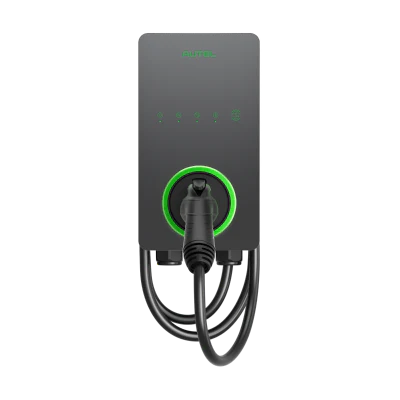
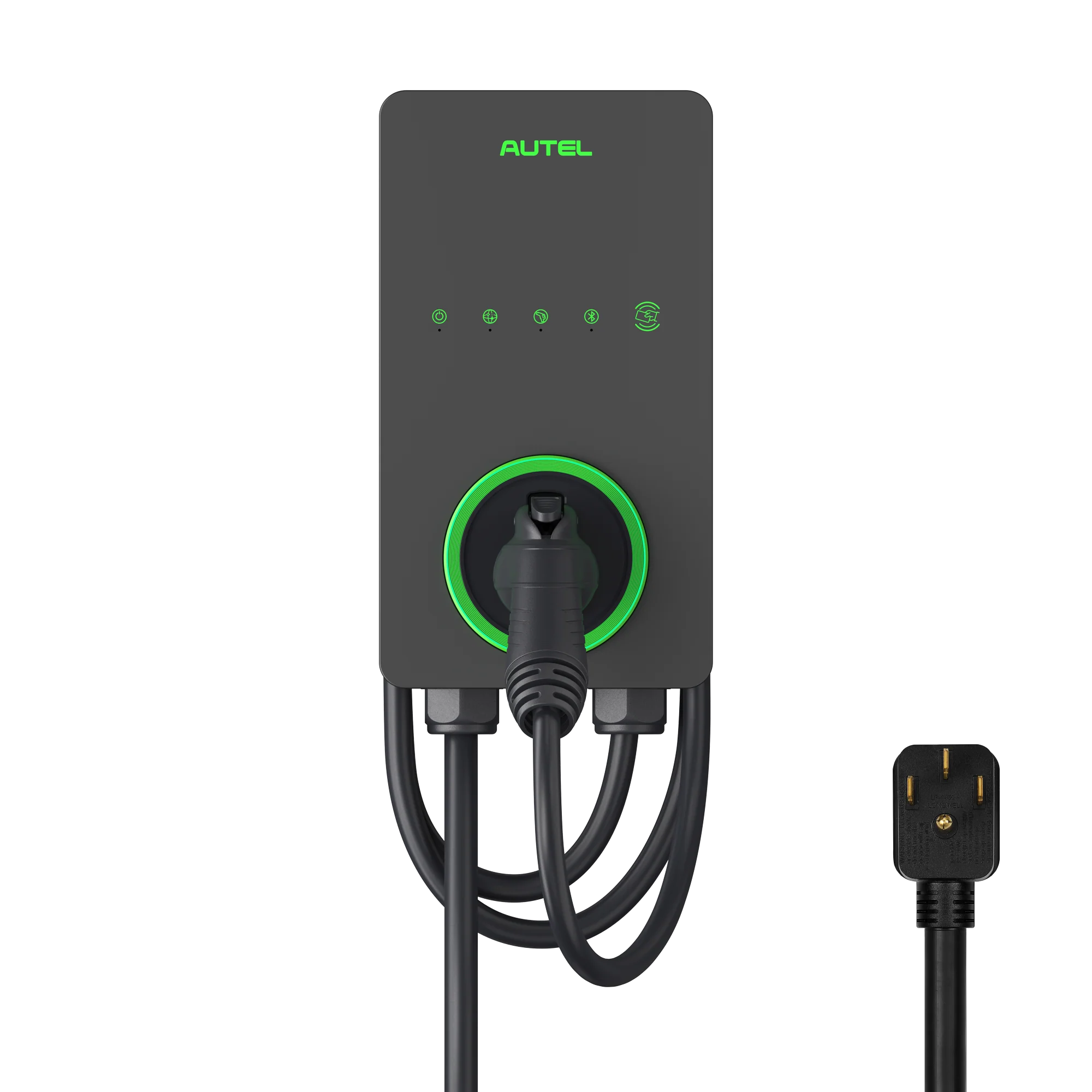
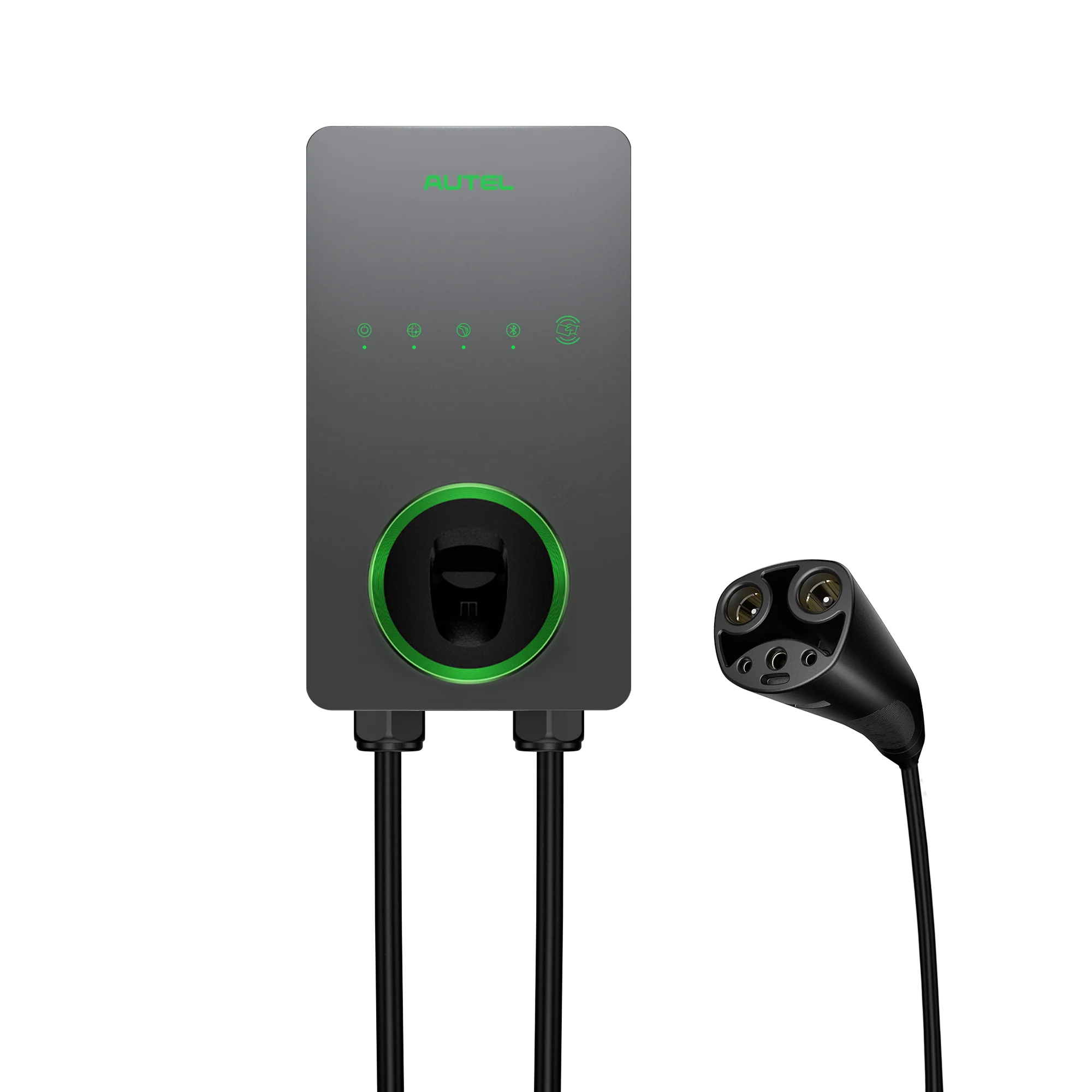
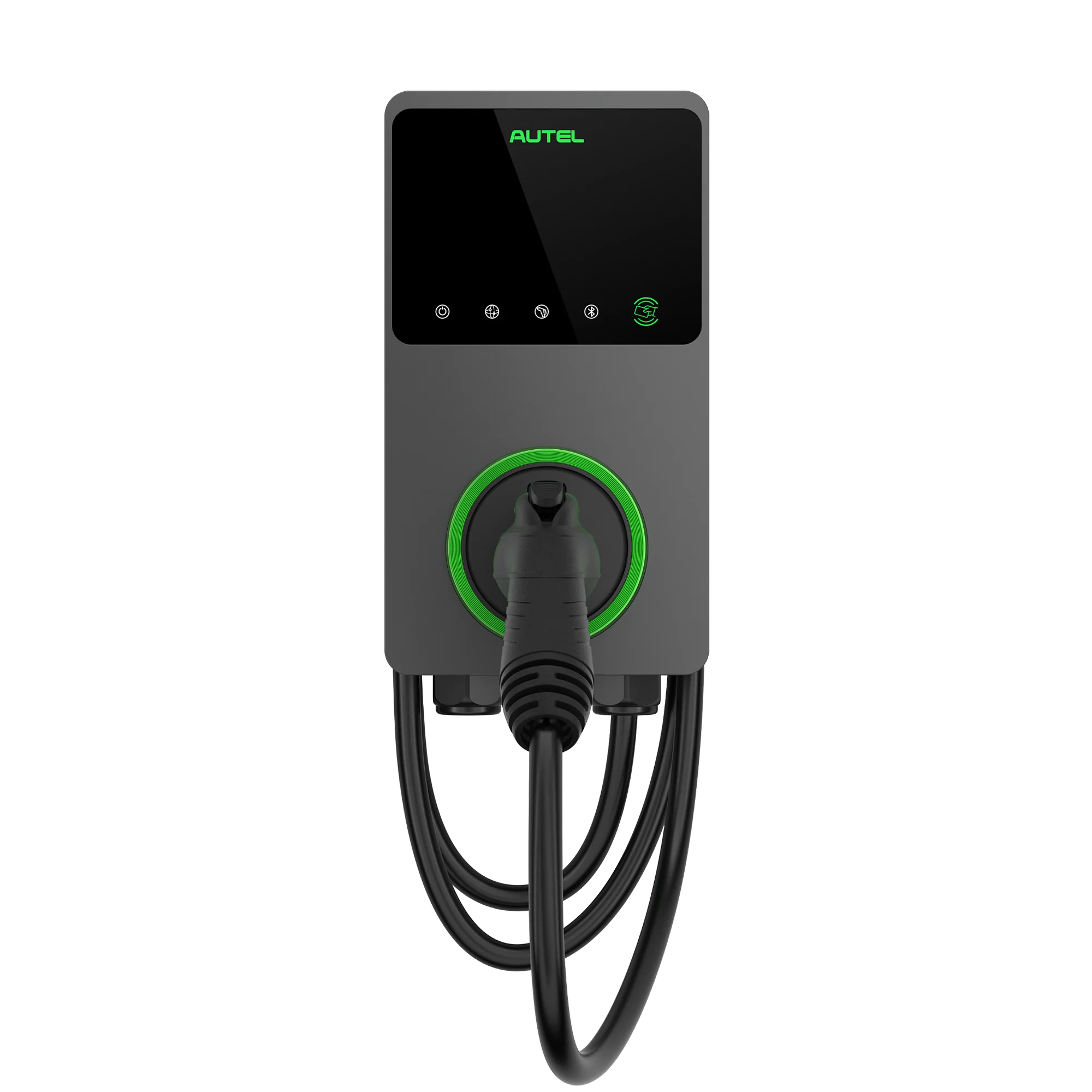
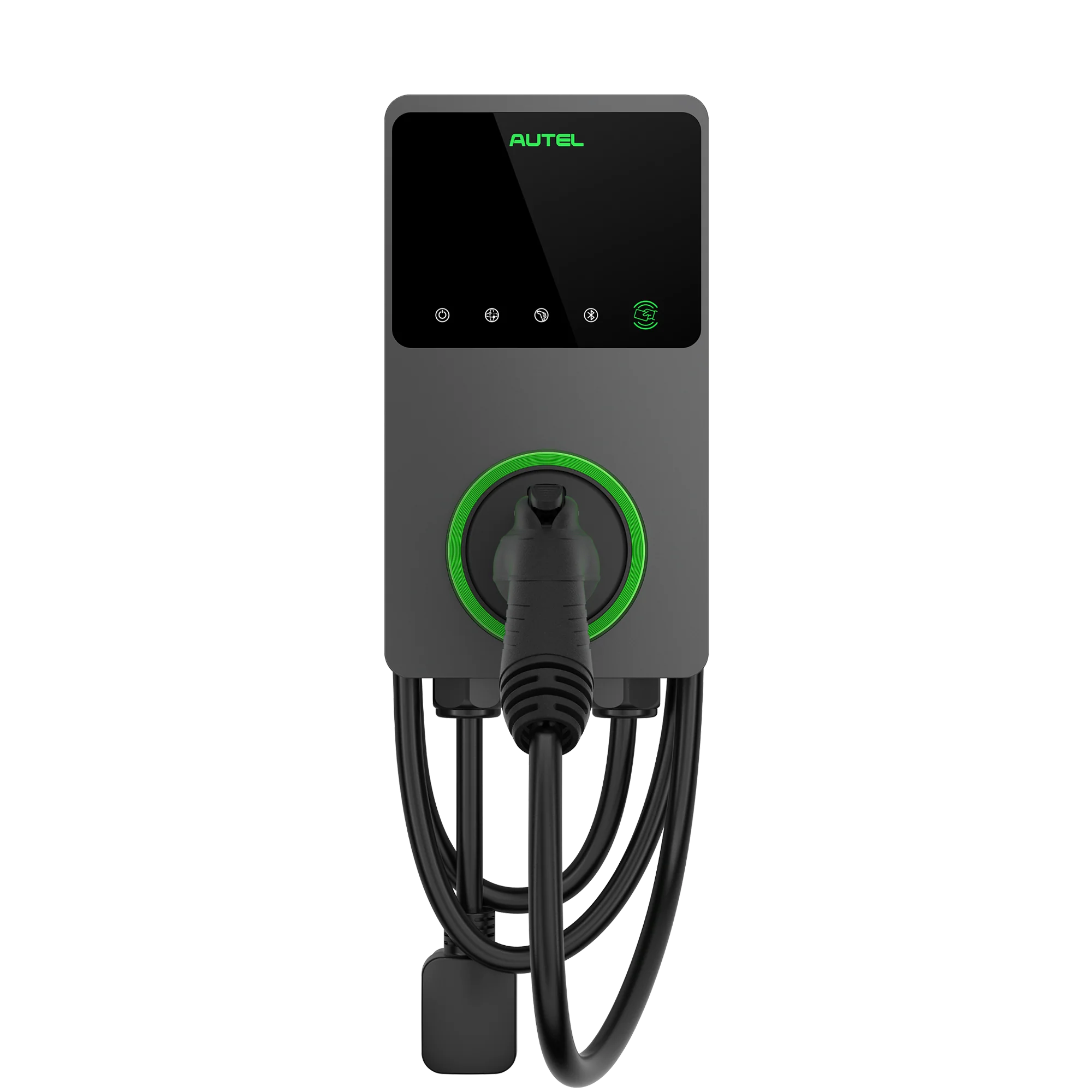

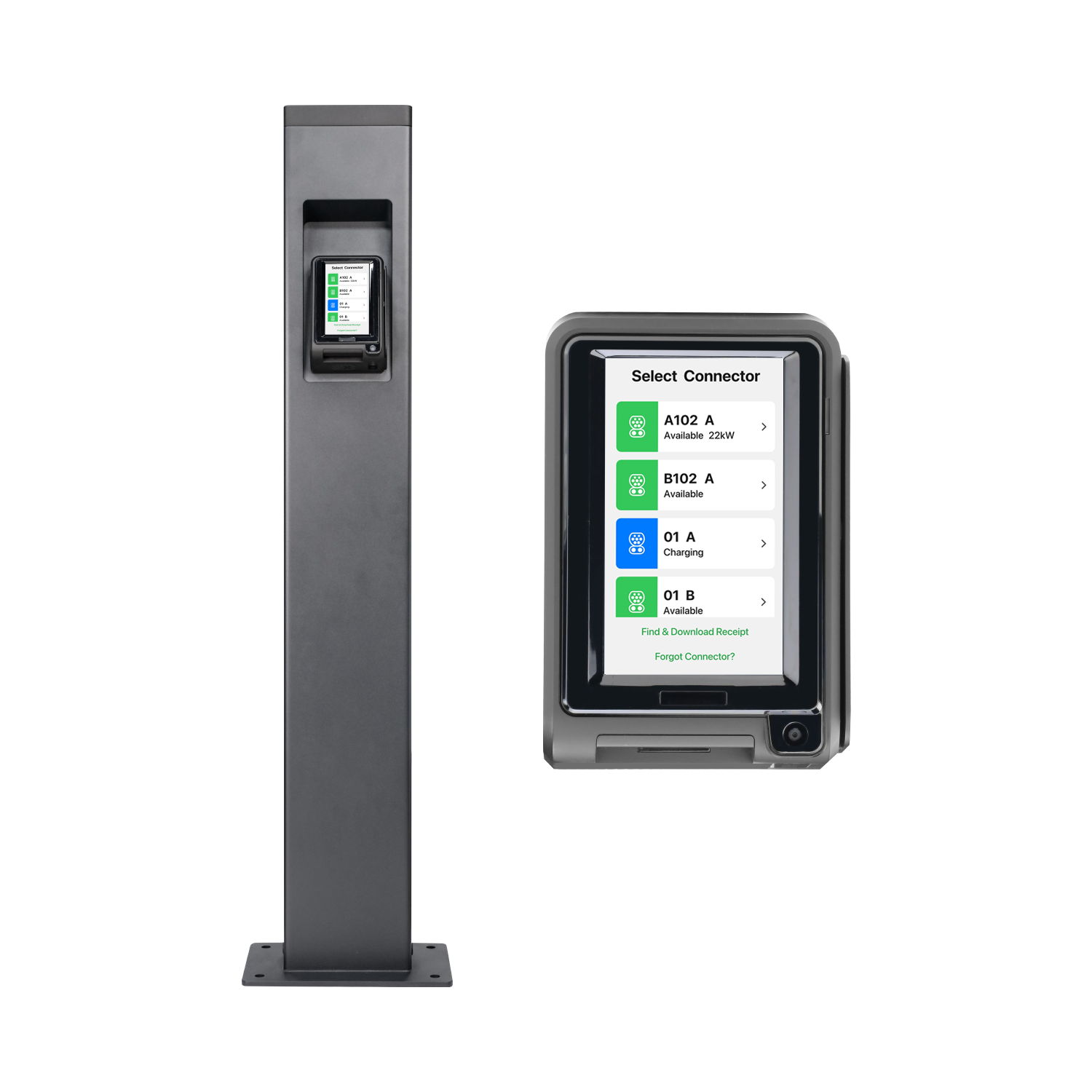

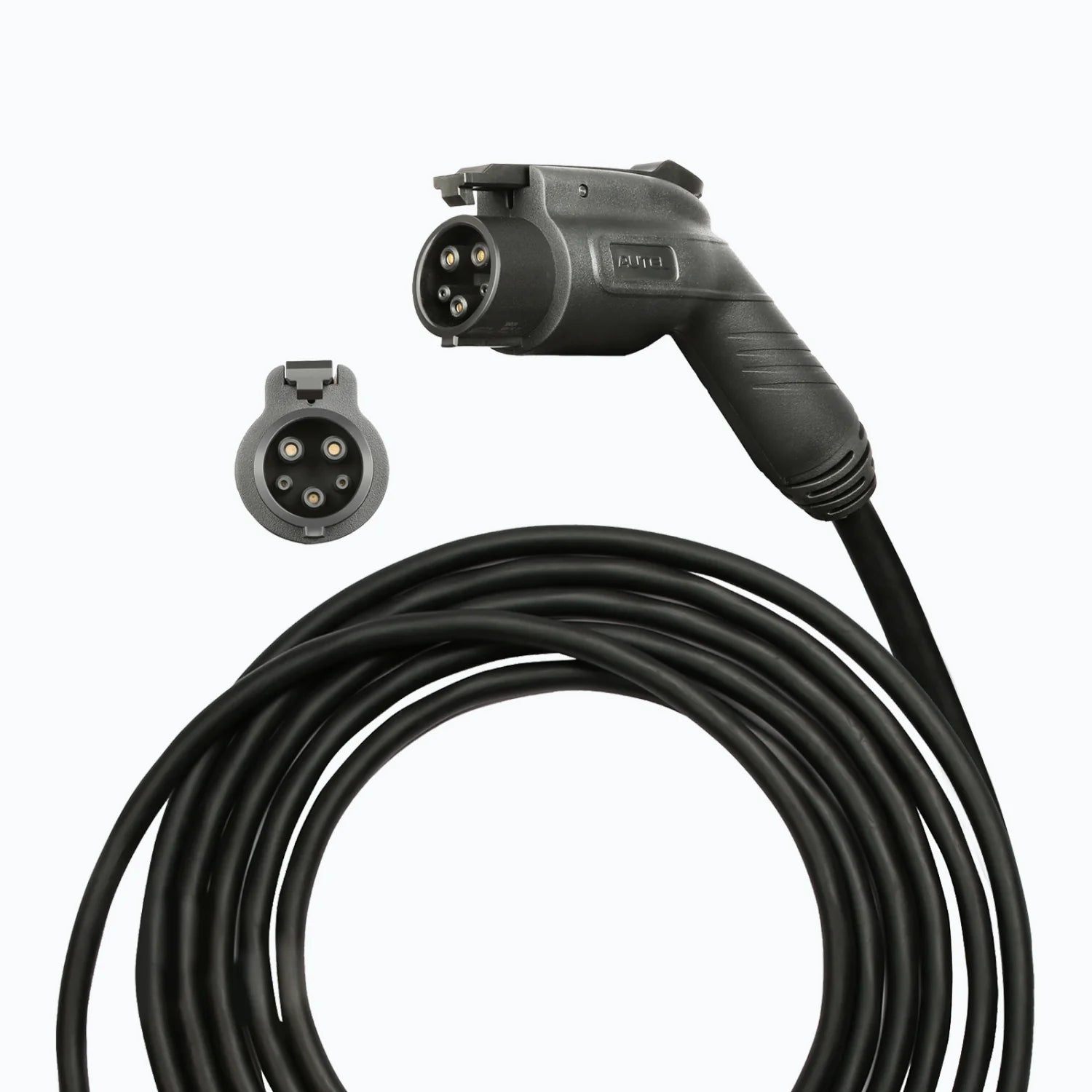
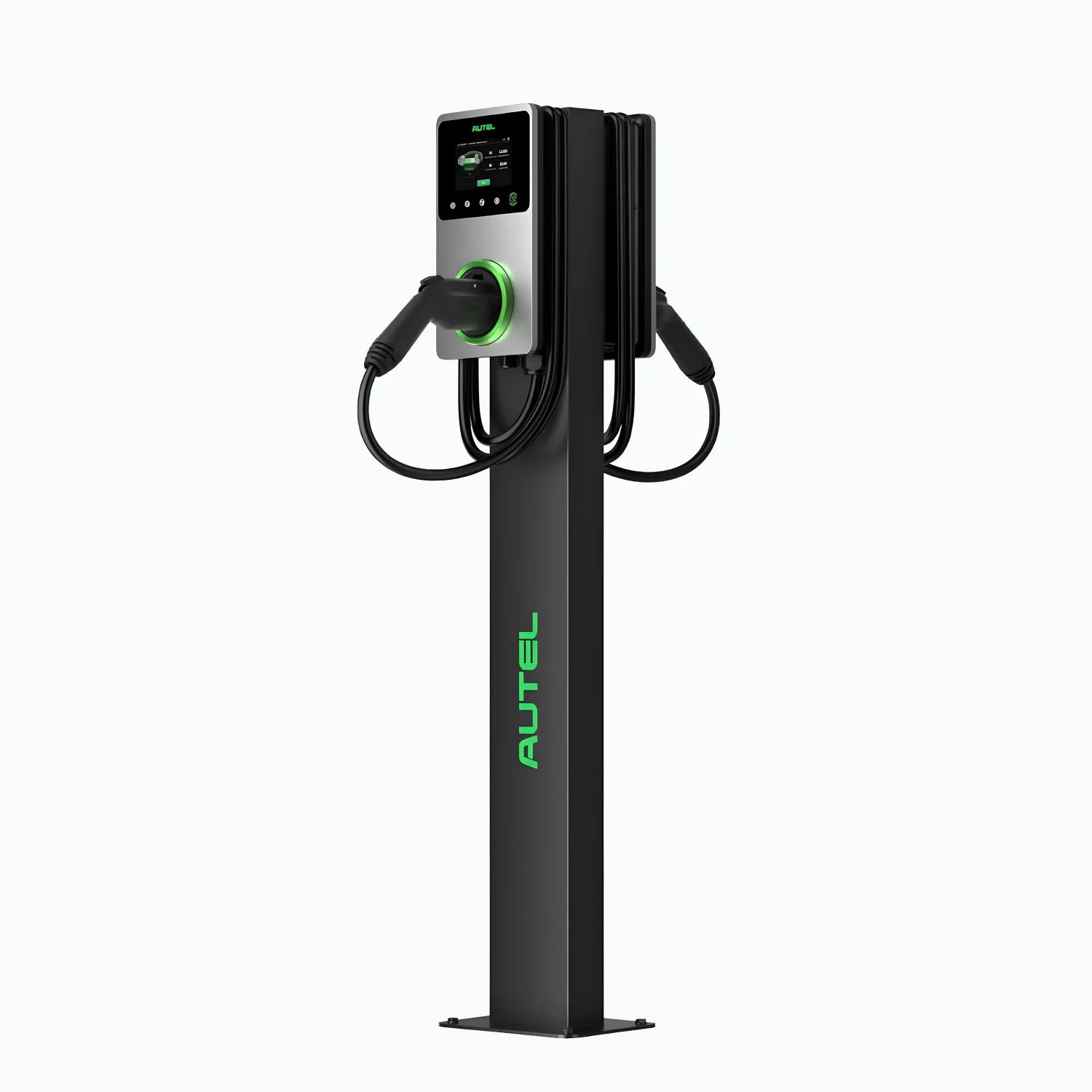
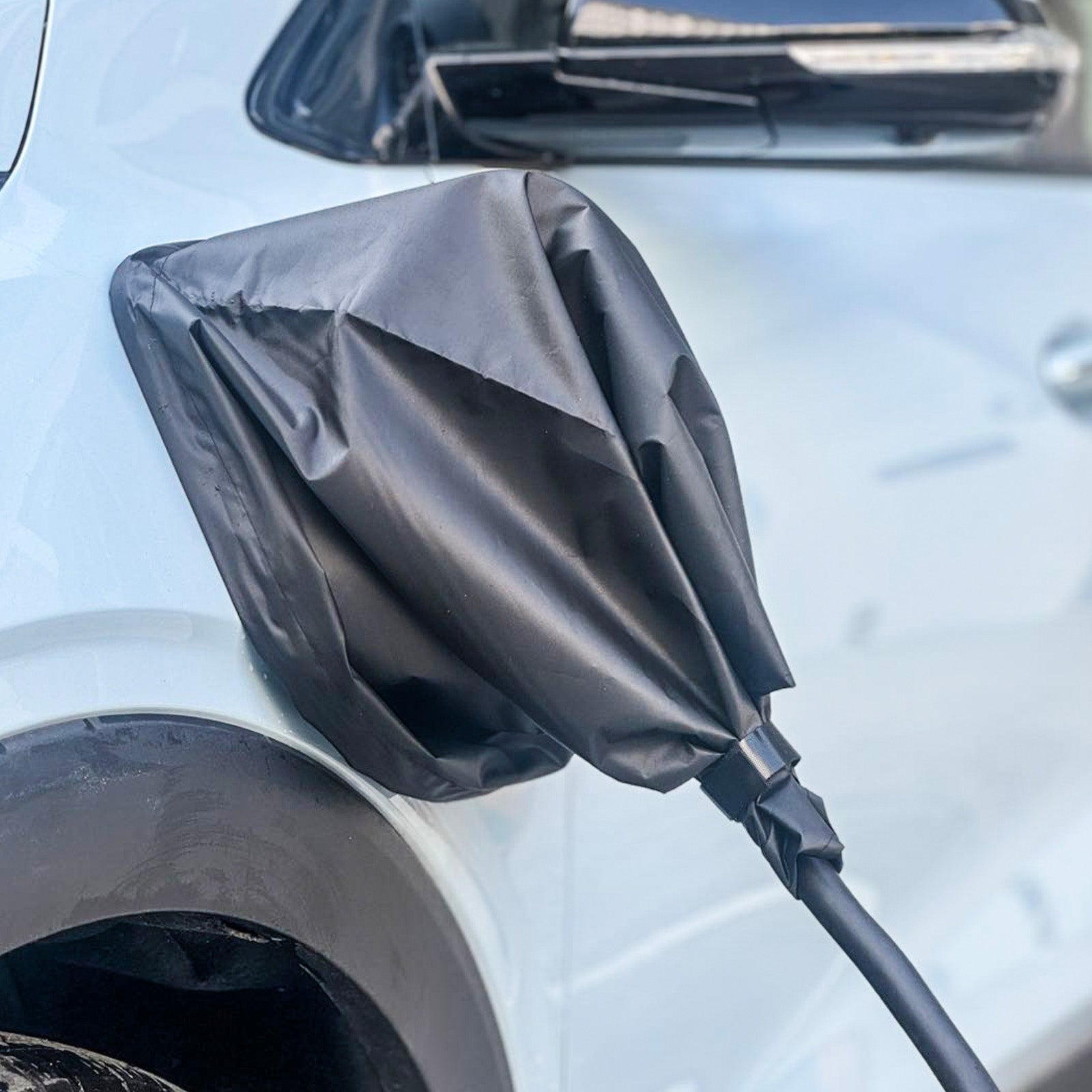
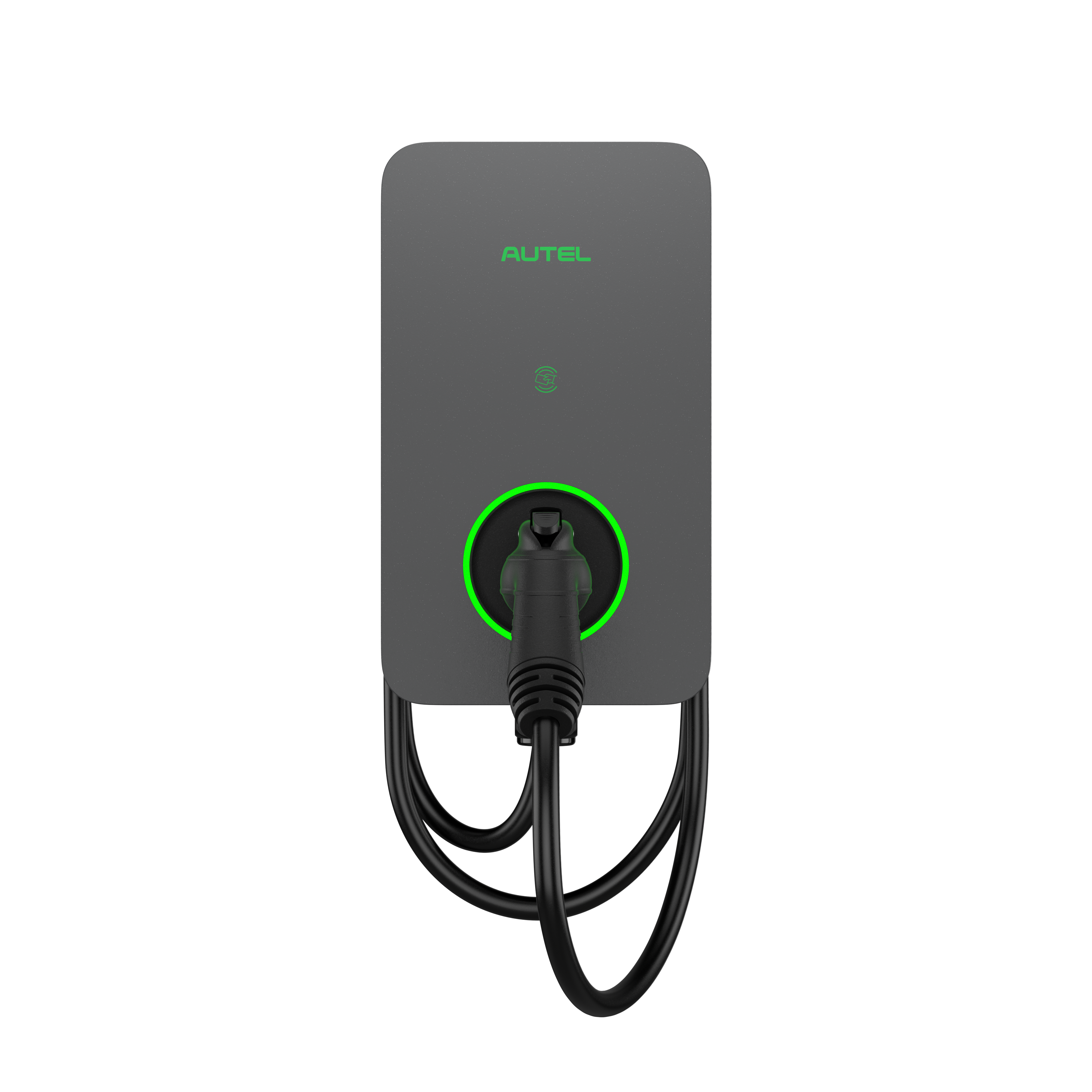
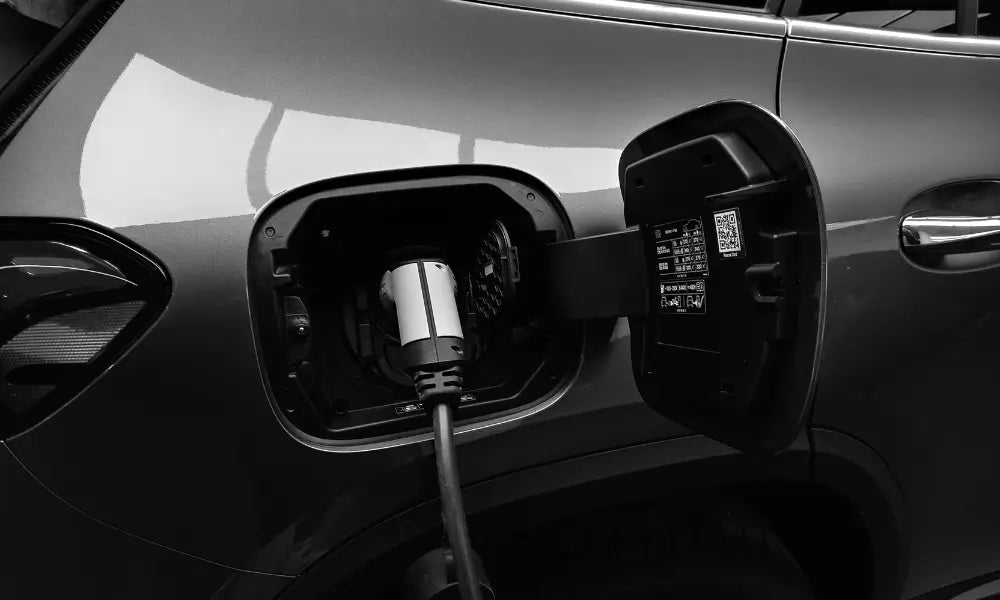
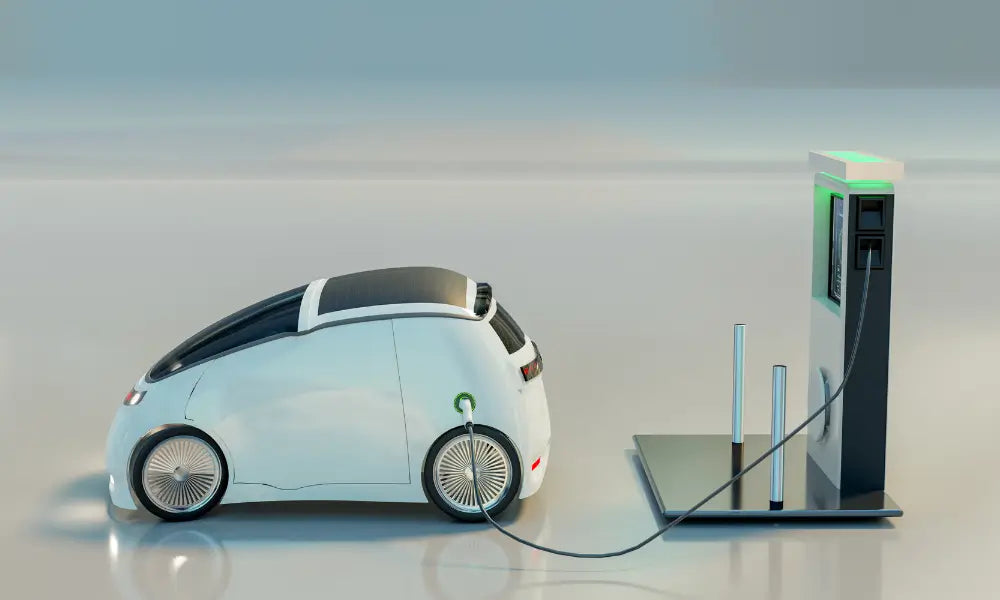
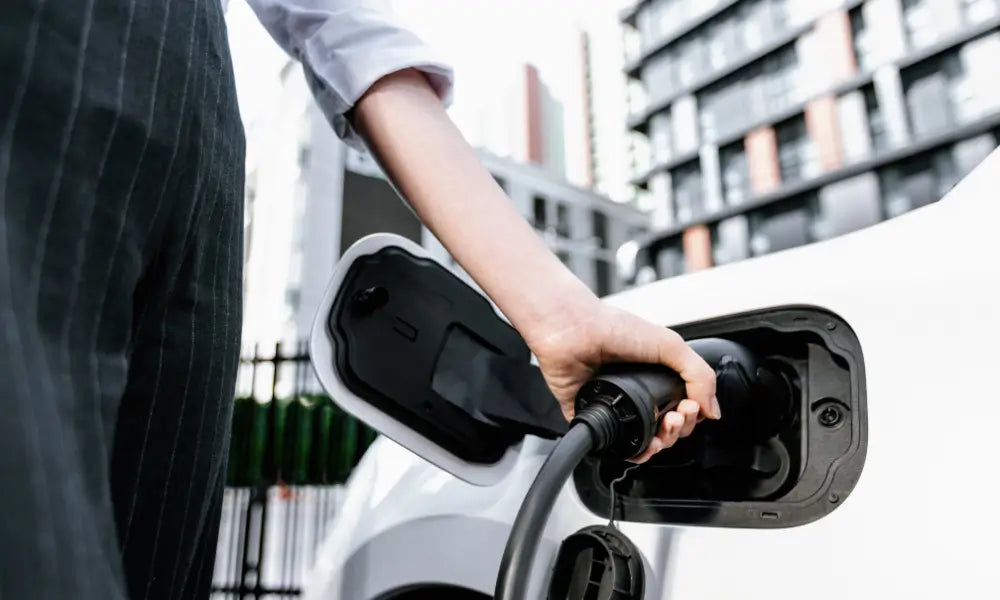
Leave a comment
All comments are moderated before being published.
This site is protected by hCaptcha and the hCaptcha Privacy Policy and Terms of Service apply.